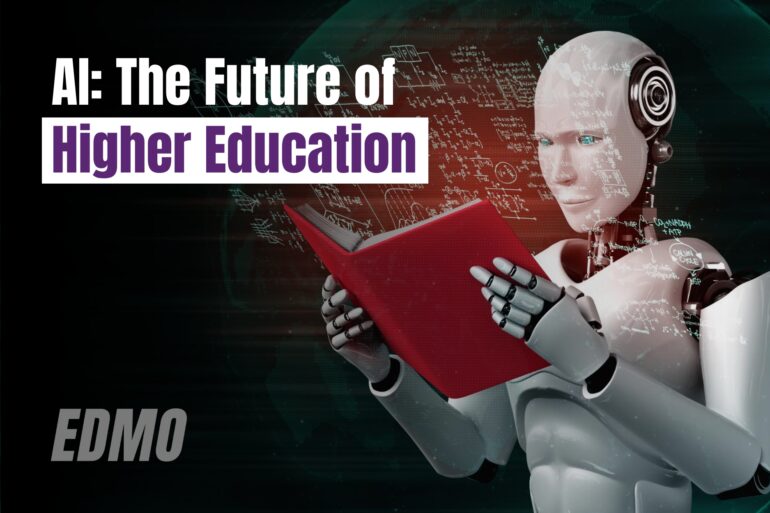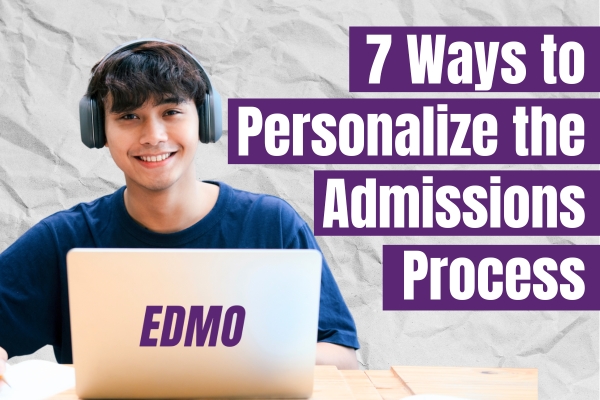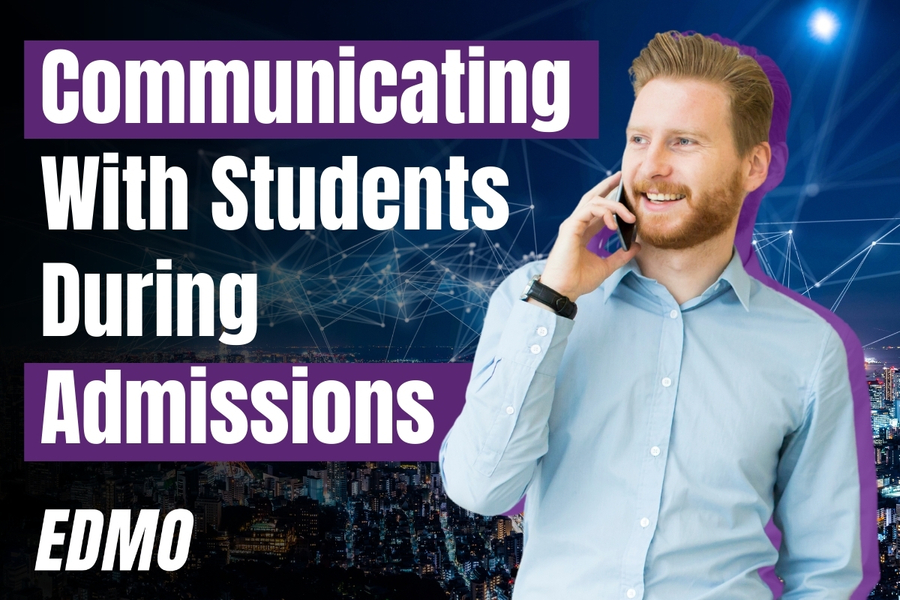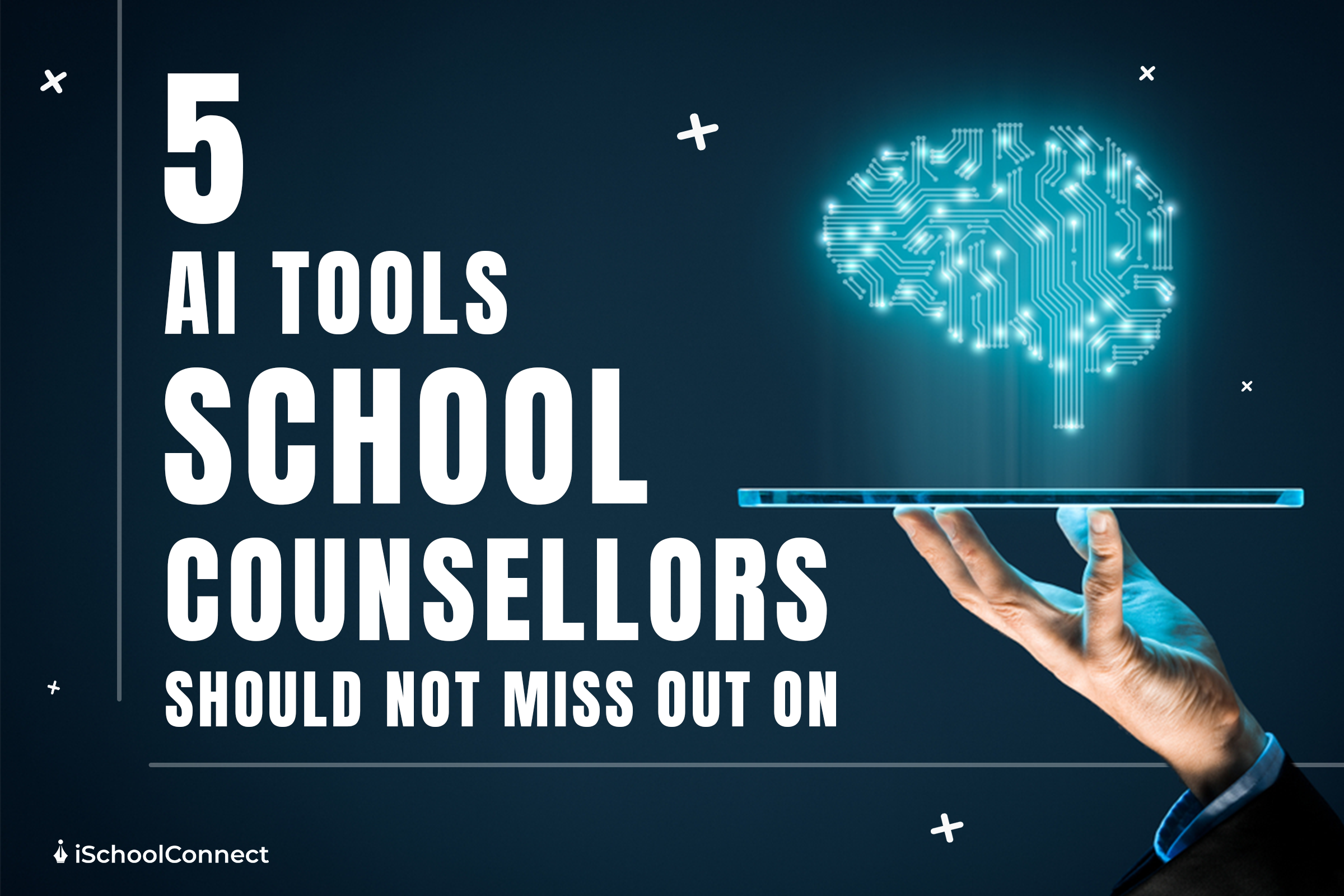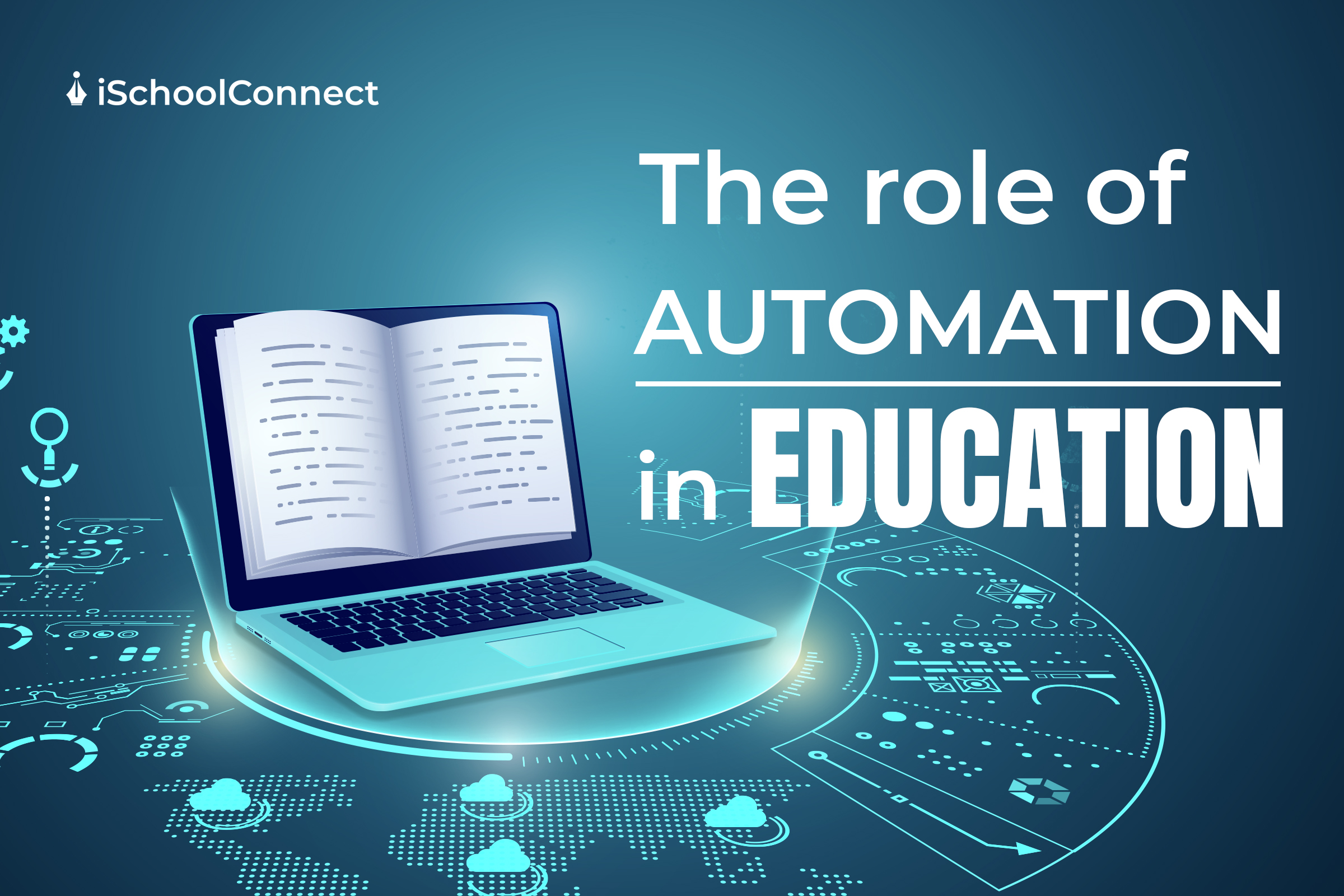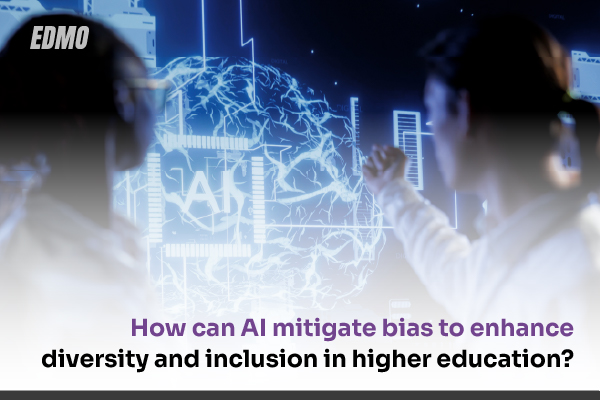Last Updated on December 13, 2024 by iSchoolConnect
In a recent study of Australian Universities, 75% of staff surveyed reported using AI in their teaching and administrative roles. The impact of AI on higher education is growing quickly, and adjusting to the increased expectation of speed and accuracy may require in-depth changes. Will your institution make the changes needed and thrive? Or will your institution lag behind and see enrollment decline?
Here are five key ways AI is transforming higher education, with insights from leading experts in the field, all of which focus on the intersection of AI and education and its profound impact on student success.
1. Enhancing Personalized Learning
AI’s ability to deliver personalized education is a game-changer for higher education. AI can support underprepared students by offering targeted tutoring and reviews. AI systems adapt learning materials and provide real-time feedback, ensuring students get personalized support, a major step toward improving student success.
As Vicki Greene, President and CEO of the GED Testing Service explains, “AI is a beautiful thing because it can help learners to learn in ways that humans can’t.” She emphasizes how AI acts like a “buddy,” providing learners with constant support, making the learning process more accessible and less intimidating. By enhancing personalized learning through AI and education, institutions are able to make significant strides in improving student success outcomes.
2. Freeing Up Faculty Time for Human Connection
One of AI’s most promising benefits is its ability to reduce the administrative load on faculty. Professors today spend significant time on grading, scheduling, and other tasks that take away from direct student interaction. AI can automate these routine tasks, freeing educators to focus more on meaningful teaching and mentoring, fostering deeper human connections that are essential for student success.
In a podcast interview with Ashish Fernando, David Morales, CIO of Western Governors University, captures this benefit perfectly: “We want to make sure that we provide self-service, and enable AI such that it answers all the questions on behalf of us to our students as much as possible.” This approach allows faculty to focus on deeper connections with students, supporting their growth and ultimately improving student success through the strategic integration of AI and education.
3. Automating University Operations
AI is transforming the efficiency of university operations, streamlining tasks that traditionally required significant manual effort. AI allows institutions to allocate more resources to academic priorities, ensuring that both faculty and students benefit from these innovations. One of the largest time constraints for university administration is the time it takes to process applications and work with students to confirm their spots at the institution. AI tools like EDMO can process thousands of applications and create customizable dashboards with helpful data to streamline the admissions process, cut time on menial tasks and allow the staff to focus on helping students and making better data-driven decisions.
On a more personal level, AI can even begin to detect issues with students who may be at risk of dropping out and identifying ways in which administration can help these students. Karen McGregor, Executive Director of Student Success at Purdue University Global points out in a podcast interview another benefit: “AI can begin to identify a student who might be struggling with something non-academic and help refer that student to a success coach.” By leveraging AI and education to automate processes, institutions not only improve operational efficiency but also enhance student success by quickly addressing student needs and providing timely support.
4. Helping Students Find the Right Universities and Programs with AI Matching and Essay Analysis
AI is revolutionizing student recruitment and admissions by helping students find universities and programs that best match their goals. AI-powered tools can analyze data such as academic performance and career aspirations to recommend the right programs for each student. Additionally, AI-driven systems can review essays and personal statements, giving feedback on structure and tone, helping students improve their chances of acceptance.
As William Gaulidelli, Senior Vice Provost for Educational Innovation at Lehigh University notes in an interview, “The mission is not to make money per se, the mission has to be to reach more people. To provide this great thing [education] to more people.” By combining AI and education, institutions can significantly increase accessibility and tailor their offerings to each student’s needs, ultimately leading to greater student success in both admissions and academic pursuits.
5. Improving Accessibility and Learning Analytics
AI is not only transforming how students learn but also making education more accessible. According to a recent EduCause survey, 68% of respondents believe AI tools will improve accessibility for students, and 66% think these tools will also benefit faculty and staff.
AI can create inclusive environments for students with disabilities, offering automated transcription services, adaptive technologies, and personalized support—all contributing to better student success.
Furthermore, universities that incorporate and embrace technology will find that by creating the structures and policies that incorporate the needs of students, professors, administration, support staff, and even policymakers, they can be better equipped to handle any issues that may arise.
Vicki Greene emphasizes how AI removes barriers: “The one thing that is really powerful with GED Learners and I would say just students in general is it removes shame.” By integrating AI and education, institutions are able to create a more inclusive and supportive learning environment, allowing more students to thrive and succeed.
AI is reshaping the landscape of higher education, offering tools that enhance both the student and faculty experience. From personalized learning to improving accessibility, AI is helping universities become more innovative, efficient, and inclusive.
If you’re ready to explore how AI and education can come together to transform your institution and drive student success, EDMO is here to help. Our AI-powered tools are designed to support institutions in student recruitment, admissions, and personalized learning while improving operational efficiency.
With EDMO, AI and education can drive your institution to new heights of student success, making it easier to provide personalized experiences and support for every learner. Discover how EDMO’s innovative tools can help you embrace AI and education to ensure long-term student success. Learn more today, and position your institution at the forefront of AI and education, shaping the future of student success for your community.

